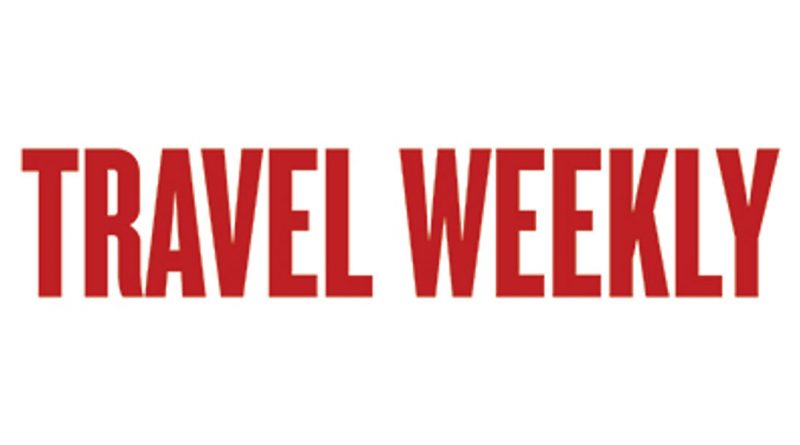Who's really to blame for staffing shortages in hospitality?
Frank Belzer is the chief sales and marketing officer at Icon Park in Orlando and also serves on the board of Experience Kissimmee. He was formerly a board member and advisor to Visit Florida and a senior vice president at Universal Parks. He is a regular speaker and panelist at travel trade conferences.
Immediately after Covid, we started to hear the stories and field the complaints.
If we have traveled over the past 24 months, we’ve likely felt the impact of staffing shortages in hospitality, tourism and other travel entities. But why do we, as an industry, appear to be plagued more than others?
Let’s look inward and ask the serious questions that might place the blame squarely on our own shoulders.
A documentary film has recently been released that features Abigail Disney — that’s right, Disney — and her perspective on what she sees as greed and a lack of altruism within the organization that bears her family’s name. The film, “The American Dream and Other Fairy Tales,” highlights how company profits and revenues have outpaced employee wages and benefits by massive percentages.
Some have labeled the film “socialist.” However, if we put political agendas aside and think first and foremost about our industry, we might ask whether it raises legitimate questions for travel, tourism and hospitality, questions that may be linked to our current staffing crisis.
Disney is certainly not alone in its ratio of profit increase to rises in wages. But hospitality and tourism seems to be over-indexing most other segments when it comes to staffing issues.
If we are honest, we’d recognize that this industry has never really offered superior employment to its entry-level and front-line workers. Work hours are often abysmal — weekends, evenings, early mornings and holidays. Additionally, benefits and perks have been shoddy and often depend on supplementing the benefits package with comp tickets or vouchers for stays or to the attractions themselves. And to add further insult to employees, these benefits only get reduced, with the number of days cut and expanding limitations on when they can be used. Employees are forbidden from selling these tickets or perks, so the comp tickets present no real value for many. The complaints from employees have escalated over the last 10 years; if you don’t believe me, check employee chat rooms and blogs.
Consumers are becoming more aware and concerned than the executives who should be bothered the most by the situation. I have sat in boardrooms and watched initiatives to improve the lot and well-being of employees get nixed quickly. On the other hand, I have also seen an unprecedented desire to increase prices without regard to need or its impact on customers’ lives.
There is a hidden cost to this behavior, however: it leads to documentaries such as Abigail Disney’s and articles carried by national news outlets that focus on complaints from families who feel gouged or have paid an enormous amount for a vacation, only to be limited in the number of rides or attractions they could enjoy because they didn’t buy a pass that let them jump the queue or miss the entire experience because they became sick and couldn’t reschedule.
Consumers can connect dots and begin to wonder why prices are rising when there are fewer employees. They might wonder why companies can’t hire employees when they have increased revenues. One obvious answer is that they’re not making the jobs attractive enough.
Simultaneously, consumers are increasingly focused on fair trade practices, sustainability and corporate responsibility. Eventually it may be the collective conscience of society, and not just Abigail Disney’s conscience, that will propose reform and adjustments in this space. Do not be surprised if comments on employee conditions begin to show up in TripAdvisor and Yelp reviews. Some may even be written by whistleblowers within the industry.
Source: Read Full Article




